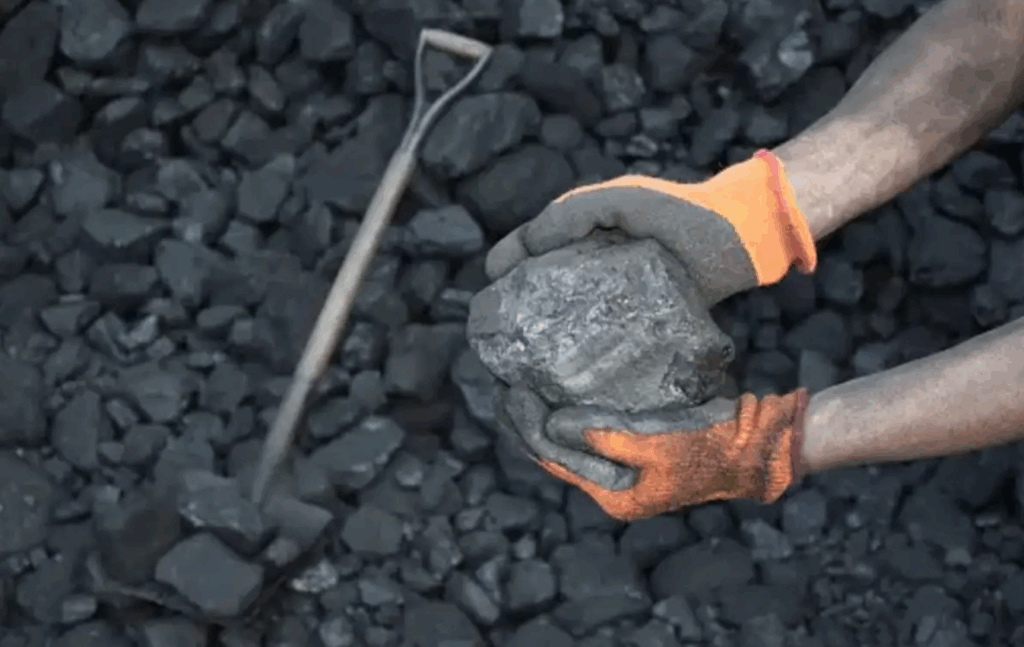Torres Scam Exposed: ₹22 Crore Fraud and Lessons in Financial Vigilance
Introduction India’s financial sector faced another jolt with the exposure of the Torres Scam, a sophisticated financial fraud that resulted

Serious allegations have emerged regarding potential misrepresentation of coal quality in supplies to Tamil Nadu’s power utility, with implications for both public finances and environmental standards. According to reports, there are claims that low-grade coal was deliberately misrepresented and sold as premium fuel, potentially doubling profits through the manipulation of quality parameters. These allegations raise significant concerns about procurement practices, testing standards, and oversight mechanisms in India’s critical power sector, where fuel quality directly impacts both electricity costs and environmental emissions.
The controversy centers around coal supply contracts with Tamil Nadu’s state power utility, with documents reportedly revealing substantial discrepancies between the actual quality of coal delivered and what was certified in official reports. Specifically:
Allegations that coal with lower calorific value, higher ash content, and higher moisture levels than contractually specified was supplied while being certified as meeting premium quality standards
Claims that this misrepresentation potentially allowed for significant profit inflation, with estimates suggesting profits could have been doubled through the quality discrepancy
Questions about the reliability and independence of coal quality testing procedures, with suggestions that reports may have been manipulated or testing protocols compromised
Indications that the discrepancies were not isolated incidents but potentially represented a pattern of practice over an extended period
The alleged misrepresentation would have significant financial ramifications:
Beyond the financial aspects, coal quality manipulation carries serious environmental consequences:
Understanding the technical parameters of coal quality helps clarify the significance of these allegations:
According to reports, the allegations are supported by several types of evidence:
The response to these allegations has been multi-faceted:
The case highlights several systemic vulnerabilities in coal procurement:
India’s regulatory framework for coal quality includes:
Allegations of this nature raise questions about the effectiveness of these regulatory mechanisms and their implementation.
To prevent similar situations, several measures could be implemented:
For concerned citizens and stakeholders, several actions can help address such issues:
As of April 2025:
REMEMBER: Coal quality directly impacts electricity costs, environmental performance, and power plant longevity—making accurate representation crucial for public interest.
BE AWARE: The allegations discussed remain under investigation, and this article presents information available as of April 2025.
ADVOCATE: For transparency and accountability in public procurement, particularly for essential commodities like energy fuels.
SUPPORT: Stronger independent testing requirements and verification protocols in critical supply chains.
Introduction India’s financial sector faced another jolt with the exposure of the Torres Scam, a sophisticated financial fraud that resulted
Background of the Alleged Fraudster Name: Thirumalaiammal My Ramalingam (aka T.M. Ramalingam) Location: Ganapathipalayam, Coimbatore District, Tamil Nadu Allegation: Repeat
Introduction The NEET (National Eligibility cum Entrance Test) is one of India’s most prestigious and competitive medical entrance exams. However,
We believe that by sharing knowledge and raising awareness, we can build a more secure financial future for everyone. Explore our articles, share our content, and join us in the fight against fraud.
Copyright © 2025 40frames – Exposing Fraud, Protecting Indians
We use cookies on our website to give you the most relevant experience by remembering your preferences and repeat visits. By clicking “Accept All”, you consent to the use of ALL the cookies. However, you may visit “Cookie Settings” to provide a controlled consent. Privacy Policy.